GERMANIC AND SLAVIC STUDIES
Se le circostanze lo richiederanno, la prova orale potrà essere effettuata esclusivamente a distanza. Di ciò i candidati verranno avvertiti almeno 10 giorni prima della prova concorsuale, salvo provvedimenti d'urgenza adottati in un momento successivo.
The double-degree joint PhD programme of Germanic and Slavic Studies, implemented at Sapienza University of Rome and at Charles University in Prague (https://germanoslavistika.ff.cuni.cz/), aims to educate young researchers with a deep knowledge in the field of Germanic or Slavic studies, and also a sound experience in the field of comparatistics, considering diachronic and synchronic intersections and interchanges between Slavic and Germanic cultures, in the frame of continental European literatures and cultures. The PhD programme covers the whole subject area “M10”, including cultures, languages, texts and literary works of the Germanic and Slavic world, ranging from the ancient testimonies of Germanic and Slavic languages to the present. PhD students can acquire methodological competences in the field of philology, bibliography, literary and textual theory, linguistics, rhetoric, metrics, narratology and didactics. Linguistic research is oriented towards the metalinguistic analysis of languages belonging to the Germanic and Slavic group; it concerns also the study of written and oral translation in its many expressions and audio-visual or multimedia application. Among the main paths of research of the Ph.D. programme, are the Central European studies seen as the historical, literary and cultural background proceeding from the medieval tradition of the Holy Roman Empire, through the protestant reformation, up to the present. Cultural and intercultural studies, starting from the Germanic and Slavic context to include the popular tradition and heritage also of non-Germanic and non-Slavic areas, are also suggested as a consistent field of research, in a trans-disciplinary and translational perspective. Germanic Studies Curriculum: PhD students should acquire up-to-date critical and investigation skills in the field of culture, language, texts and literary works of one or more Germanic languages (German in its varieties, Danish, Norwegian, Swedish, Dutch, Afrikaans). Germanic literatures, languages and cultures are studied in the wider context of the Germanic and Slavic area, in a comparative perspective, ranging from ancient testimonies to the present, considering also the chosen field and previous experience of the students. Slavic Studies Curriculum: PhD students should acquire up-to-date critical and investigation skills in the field of culture, language, texts and literary works of one or more Slavic languages (Bulgarian, Czech, Polish, Russian, Serbo-Croatian [BCMS], Slovak, Slovenian, Ukrainian; as to the ancient and medieval age, also Old Church Slavonic). Slavic literatures, languages and cultures are studied in the wider context of the Germanic and Slavic area, in a comparative perspective, ranging from ancient testimonies to the present, considering also the chosen field and previous experience of the students.
Giorno: 14/9/2022 Ora: 09:00 Aula: 101 Indirizzo: DSEAI Sapienza Circonvallazione Tiburtina 4
Giorno: 9/9/2022
a) STUDI GERMANICI b) STUDI SLAVI
Annalisa Cosentino (annalisa.cosentino@uniroma1.it)
tommaso.malaponti@uniroma1.it 06 88378116


